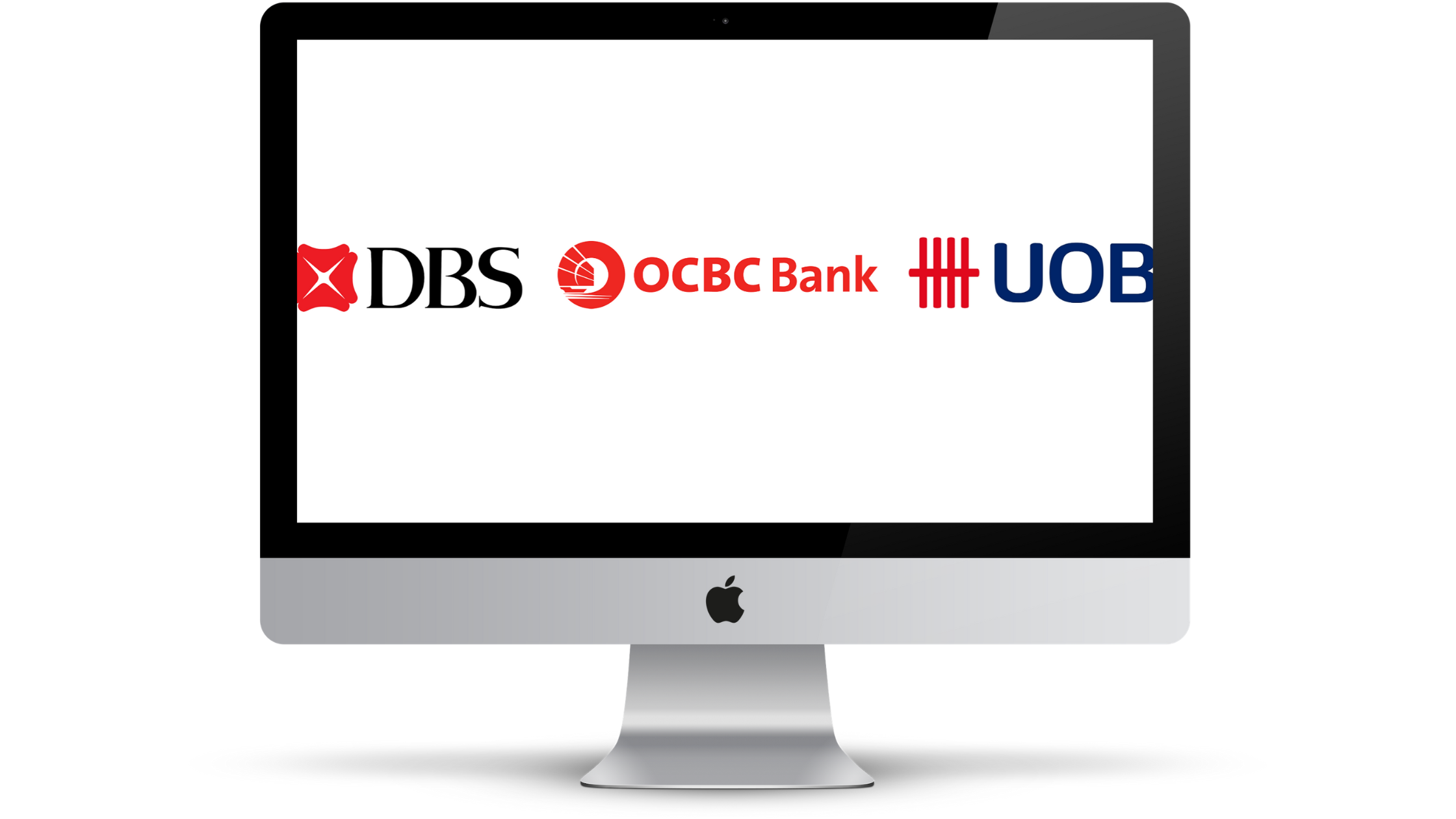Singapore’s Straits Times Index (STI) is one of the best performing stock markets so far this year.
This has been mainly due to its banking stocks, which account for about half of the index’s weighting.
During Q3 2022, the three largest Singapore banks saw $969 million of combined net fund inflows.
The net inflows to DBS Group Holdings Ltd (SGX: D05) and Oversea-Chinese Banking Corporation (SGX: O39), also known as OCBC, more than offset the net outflows from United Overseas Bank Ltd (SGX: U11), also known as UOB.
Positive developments for Singapore banks
The fund inflows into Singapore banks in the third quarter is in line with the rising interest rate environment.
Meanwhile,, DBS Group and OCBC reported an increase of 13 basis points (bps) in their respective net interest margin (NIM) in the Q2 2022 results as compared to a year ago while UOB’s NIM rose 11 bps.
In terms of loan growth, OCBC and UOB recorded 8% year-on-year (yoy) growth while DBS Group reported loan growth of 7% yoy during the first half of 2022.
Aside from that, DBS Group became the first bank in Southeast Asia to announce a landmark set of decarbonisation commitments.
Singapore banks are key beneficiaries of rate hikes
The US Federal Reserve (Fed) has raised interest rates by 3 percentage points (or 300 bps) in 2022 so far after its third consecutive hike of 75 bps in September.
This is as the Fed has maintained its commitment to combat rising inflation.
Based on the Fed’s dot plot, which the central bank uses to signal its outlook for the interest rate path, the Fed Fund rates will increase to 4.4% by the end of this year and 4.6% by mid-2023.
With the rising interest rate environment, we should see a stronger NIM in the coming quarters for Singapore’s banks, but loan growth could be dragged by the rising cost of borrowing.
Nonetheless, given the banks’ healthy balance sheets, the net impact should still boost earnings for Singapore banks as NIM is expected to expand further.
Downside risks: higher funding costs and affordability
While Singapore banks will benefit from higher interest rates, it will also translate into higher funding costs for the banks.
Singapore banks’ current account and savings account (CASA) ratios have eased from their 56-76% range last year to around 55%-72% in Q2 2022.
It, however, remains higher than the previous rate hike cycle of around 45-63% back in 2015 to 2018.

Another impact from the rising interest rate environment is the affordability for borrowers.
Monthly mortgage repayments have increased for floating-rate mortgage payments.
This could put a dent on loan growth going forward as both consumers and businesses slow down their borrowings from the banks.
Aside from that, the higher repayments could also lead to an increase in non-performing loans (NPLs).

Build a resilient portfolio with banking stocks
Overall, the stronger NIM is likely to boost earnings for Singapore banks in the near term.
While a potential recession in 2023 could hurt earnings and darken the outlook for Singapore banks, their strong balance sheets and asset bases will help to drive recovery going forward.
It is worth noting that the credit quality of DBS Group, OCBC and UOB remains healthy despite the impact of COVID-19.
As Southeast Asia reopens, I expect Singapore banks – which have a strong presence in the region – to benefit from it.
Given the stock market volatility in the current environment, this will help to support share prices of the banking stocks, as we’ve seen so far this year.
This will attract investors looking for protection, resilience, and income to buy Singapore’s banking stocks.
Disclaimer: ProsperUs Investment Coach Billy Toh doesn’t own shares of any companies mentioned.











